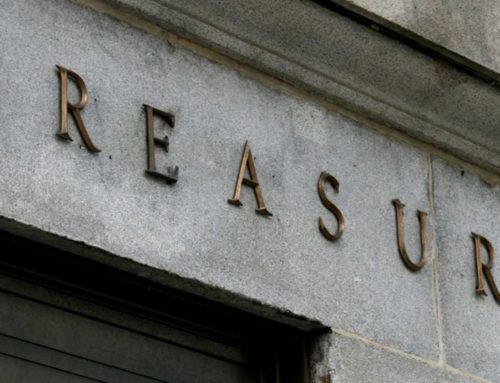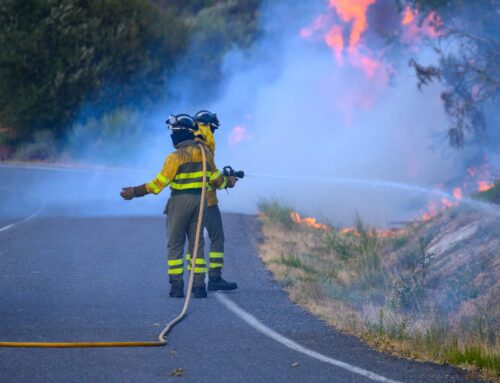On July 10, the Senate Committee on Energy and Natural Resources examined the President's Fiscal Year (FY) 2026 Budget Request for the U.S. Forest Service (USFS) with USFS Chief Tom Schultz. The Administration's proposal seeks sweeping program eliminations, deep spending cuts, and a transfer of all federal wildfire funding responsibilities to a new Wildland Fire Service within the Department of the Interior (DOI). Overall, discretionary appropriations for the USFS in FY2026 would drop by 65% compared to current levels.
Proposed Cuts and Reorganization of Federal Wildfire Funding
One of the most significant changes is the consolidation of federal wildfire management into a single agency – the Federal Wildland Fire Service – within the DOI. At present, most direct federal wildfire spending is managed by the USFS, which received $2.4 billion for its Wildland Fire Management (WFM) account in FY2025 and an additional $2.4 billion through the Wildfire Suppression Operations Reserve Fund. While DOI has maintained its own WFM account and reserve fund access, this funding has historically been much lower. If enacted, the FY2026 budget would consolidate all federal wildfire funding under the new Wildland Fire Service housed in the DOI.
Senators discussed the proposed operational changes to existing wildfire programs at length. However, key specifics about the new agency and the future of national wildfire response remain unclear. During testimony, Chief Schultz asserted that the budget would not cut existing firefighting programs if they shift from the USFS to the Wildland Fire Service. He also clarified that most USFS hazardous fuels and treatment initiatives would move to the DOI.
Several senators pressed the USFS to publicly release the specifics of the proposed transfer of wildfire responsibilities. Although Chief Schultz indicated that the USFS might remain involved in administering the Wildland Fire Service, he acknowledged that the relationship's precise contours are yet to be determined. The lack of detail is troubling for taxpayers, since such a sweeping transition would have major impacts on USDA staff, state and local governments, and the DOI.
Front and center during the hearing were concerns over proposed cuts to wildfire mitigation programs and the full elimination of USFS fire management duties. Senators stressed how important it is for states and communities to receive continued federal support for wildfire mitigation, response, and recovery efforts—especially since many state budgets are already stretched thin. With the USFS poised to lose its critical role in coordinating state and local preparedness and response, the effects of these changes on local communities and governments must be carefully assessed before final budget decisions are made.
Repeal of the Roadless Rule
Committee members also questioned Chief Schultz about the proposal to repeal the Roadless Rule, a 2001 regulation barring road construction, logging, and reconstruction on National Forest System lands, as well as new logging mandates in the recently enacted One Big Beautiful Bill Act.
Senators flagged the high costs that would come from repealing the roadless rule, a regulation that has historically helped prevent wasteful use of taxpayer dollars on road building for logging. Previous research from TCS shows that timber sales managed by the USFS have routinely failed to generate meaningful revenues for taxpayers. Additional research demonstrates that logging and road construction in remote areas generally do not lessen a community's wildfire risk.
Funding Freeze and Reduced Capacity
Multiple senators pressed Chief Schultz to commit to releasing FY2025 USFS funds by August 15, as required by law, and questioned the legality of the ongoing USFS funding review. The Forest Service is currently working with the Office of Management and Budget (OMB) to ensure its programs match administration priorities. Chief Schultz declined to commit to a specific release date. Withholding funds in this way has become common practice under the current administration: other agencies, including the Department of Transportation and the Institute for Museum and Library Services, have taken similar actions. In both of those cases, the Government Accountability Office (GAO) determined that withholding federal funds in this manner was a violation of the Congressional Budget and Impoundment Control Act of 1974.










